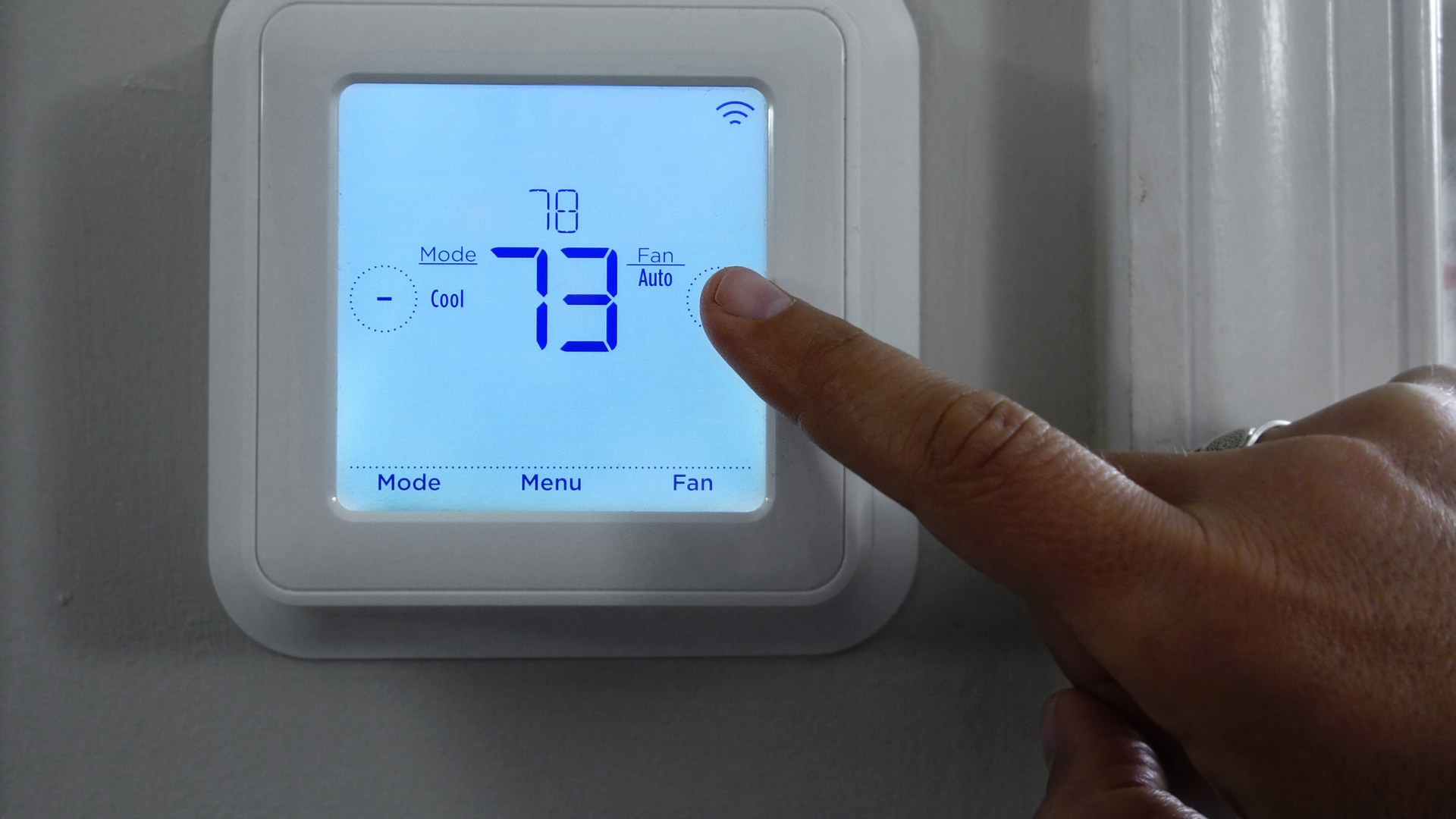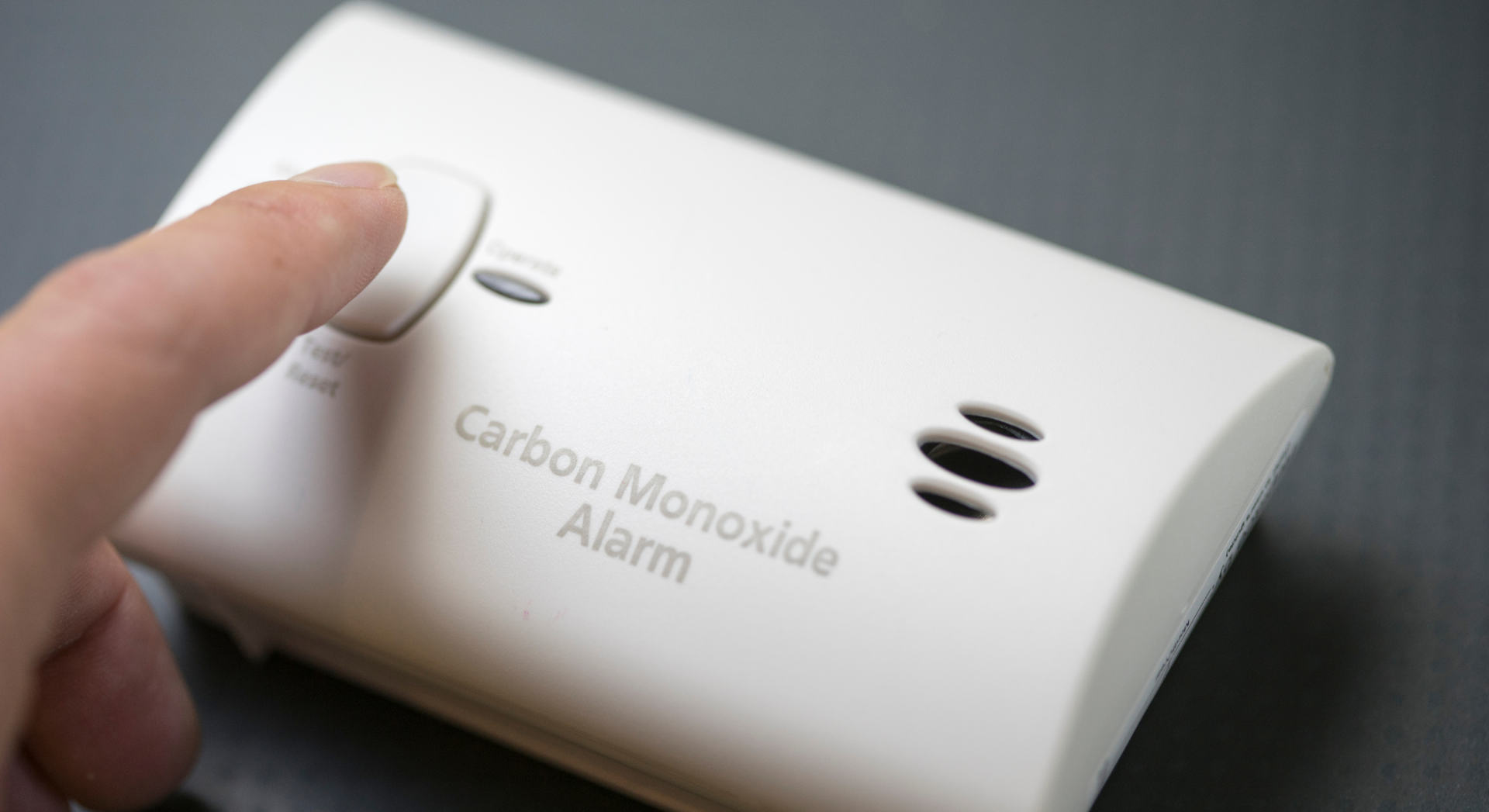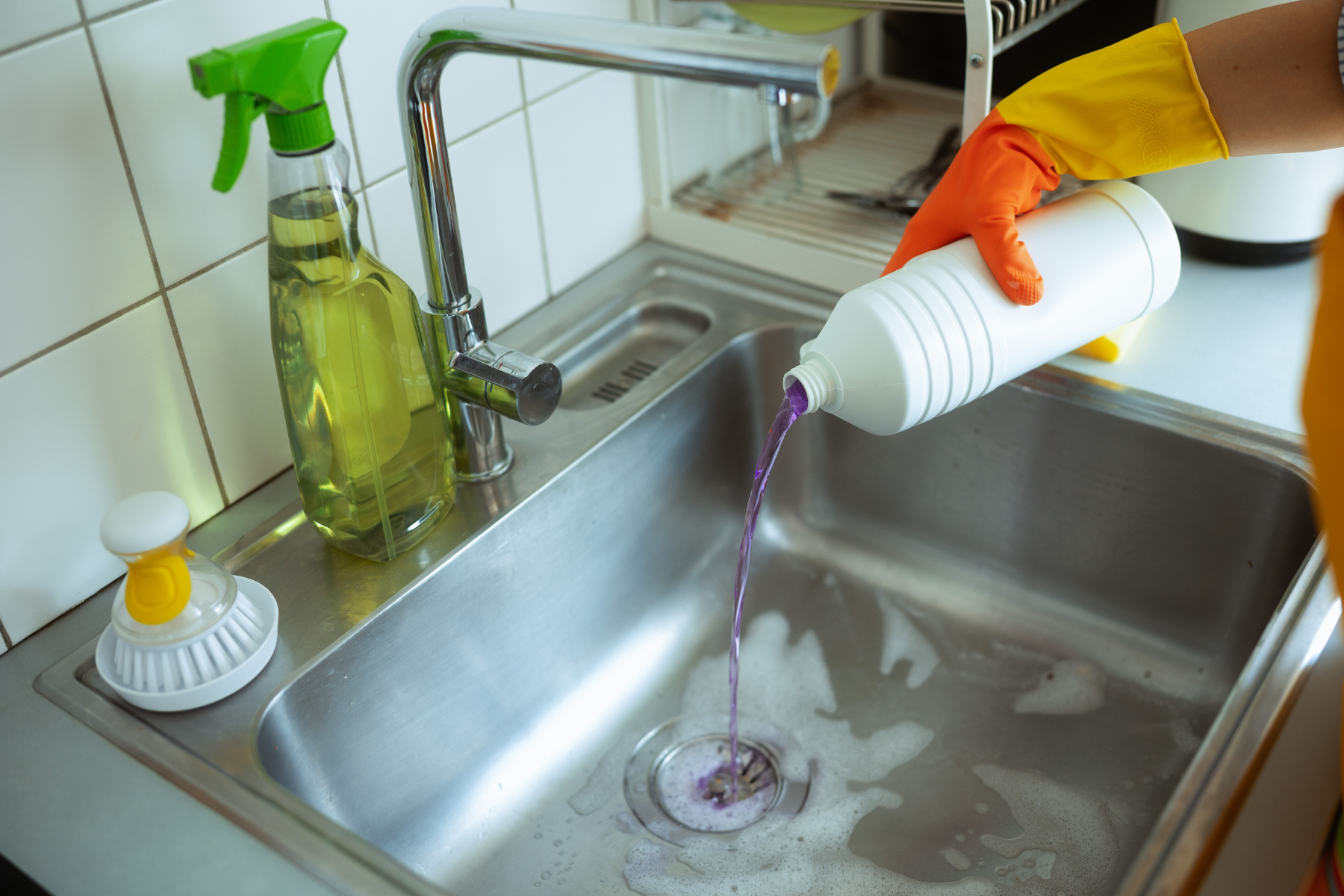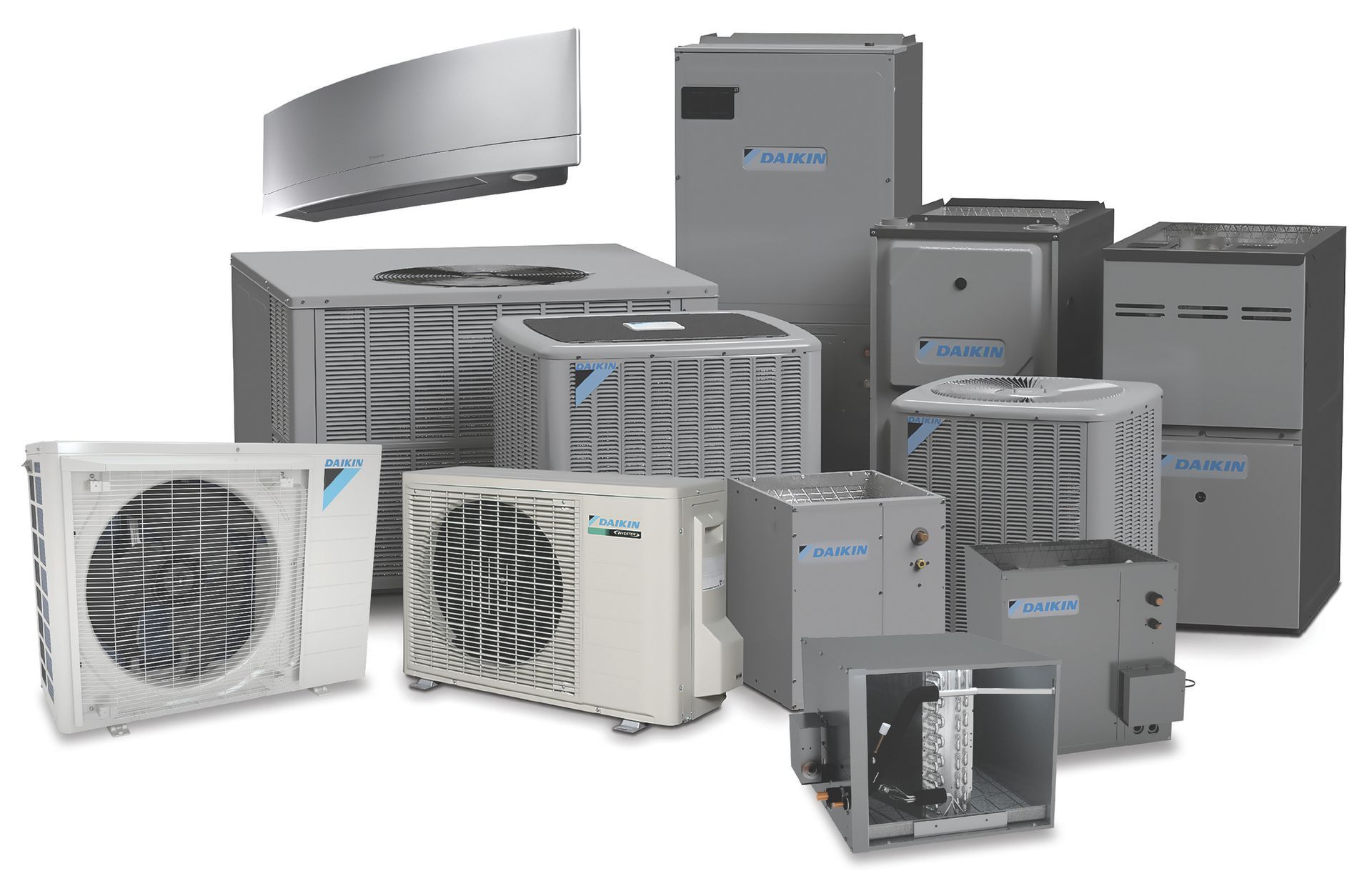Dive Deep: How the Right Water Treatment Can Transform Your Home's Water Quality
How the Right Water Treatment Can Transform Your Home's Water Quality

Your home's water is more than just something that comes out of the tap. It's what you drink, cook with, bathe in, and use for countless daily tasks. But have you ever truly considered its quality? From invisible contaminants to noticeable issues like bad taste or dry skin, the water entering your home can significantly impact your health, comfort, and even the longevity of your appliances. The good news? The right water treatment system can revolutionize your home's water, turning it from a potential concern into a source of pure confidence.
The Hidden World in Your Water: Common Issues
Even if your water comes from a municipal source, it's not always as pristine as you might think. Water travels through miles of pipes, picking up various substances along the way. For those with private wells, the concerns can be even more direct, as the water isn't subject to the same public treatment processes. Here are some common water quality issues homeowners face:
- Hard Water: High levels of dissolved minerals, primarily calcium and magnesium, lead to "hard" water. This isn't a health risk, but it can cause limescale buildup on fixtures and appliances, reduce the effectiveness of soaps and detergents, and leave your skin and hair feeling dry.
- Chlorine and Chloramines: Used by municipalities to disinfect water, residual chlorine can give your water an unpleasant taste and odor. Chloramines, another disinfectant, can have similar effects.
- Sediment: Dirt, rust, sand, and other particulate matter can enter your water supply, leading to cloudy water, clogged pipes, and premature wear on appliances.
- Heavy Metals: Lead, copper, and other heavy metals can leach into water from old pipes and plumbing fixtures, posing serious health risks, particularly for children and pregnant women.
- Volatile Organic Compounds (VOCs) and Other Chemicals: Pesticides, industrial solvents, and other chemicals can contaminate water, leading to various health concerns and affecting taste and odor.
- Microorganisms: While municipal water is treated, bacteria, viruses, and parasites can still find their way into your home's water, especially in well water or if there are issues with the distribution system. These can cause gastrointestinal illnesses and other health problems.
- Unpleasant Tastes and Odors: Beyond chlorine, a metallic taste could indicate iron or lead, while a rotten egg smell often points to hydrogen sulfide.
The Benefits of Better Water: A Ripple Effect Through Your Home
Investing in a home water treatment system offers a multitude of benefits that extend far beyond simply better-tasting drinking water:
- Improved Health and Safety: Removing harmful contaminants like lead, bacteria, and chemicals ensures that the water your family consumes and bathes in is safe and pure, reducing the risk of illness and long-term health issues.
- Enhanced Taste and Odor: Say goodbye to metallic, chlorinated, or otherwise unpleasant water. Filtration systems remove the substances that cause these issues, leaving you with fresh, clean-tasting water that encourages hydration.
- Softer Skin and Healthier Hair: Hard water and chlorine can strip natural oils, leading to dry, itchy skin and dull, brittle hair. Treated water can make a noticeable difference in your bathing experience, leaving you feeling refreshed.
- Extended Appliance Lifespan: By removing mineral buildup and sediment, water treatment systems protect your valuable appliances like water heaters, dishwashers, and washing machines. This means fewer repairs, increased efficiency, and a longer life for your investments.
- Cleaner Dishes and Laundry: Hard water leaves spots on dishes and makes clothes appear dingy and faded. Treated water allows soaps and detergents to work more effectively, resulting in sparkling dishes and brighter, softer laundry.
- Plumbing Protection: Mineral deposits and corrosion can damage pipes and fixtures over time. Water treatment helps prevent these issues, maintaining smooth water flow and reducing the likelihood of costly plumbing repairs.
- Environmental Responsibility and Cost Savings: With clean, great-tasting water directly from your tap, you'll significantly reduce your reliance on expensive and environmentally impactful bottled water.
Choosing the Right Kind of Water Treatment: A Tailored Approach
There's no one-size-fits-all solution for water treatment. The best system for your home depends on your specific water quality issues, household needs, and budget. The first and most crucial step is to test your water.
Water Testing is Paramount:
- For Municipal Water Users: Your local water utility typically provides an annual Consumer Confidence Report (CCR) outlining the contaminants found in your public water supply. While helpful, this report doesn't account for issues that might arise as water travels through your home's pipes.
- For Well Water Users and Comprehensive Analysis: A professional water test is highly recommended. This will provide a detailed breakdown of your water's chemical composition, identifying specific contaminants, mineral levels, and potential microbial issues. Many reputable water treatment companies offer this service.
Once you know what's in your water, you can begin to explore the various treatment options:
Common Types of Water Treatment Systems:
- Water Softeners (Ion Exchange): Specifically designed to address hard water, these systems remove calcium and magnesium ions, replacing them with sodium or potassium ions. They prevent limescale buildup, protect appliances, and improve the feel of your skin and hair.
- Activated Carbon Filters: These are highly effective at removing chlorine, chloramines, VOCs, pesticides, and improving the taste and odor of your water. They come in various forms, including:
- Pitcher Filters: Convenient for small quantities of drinking water.
- Faucet-Mounted Filters: Attach directly to your kitchen faucet for filtered drinking water.
- Under-Sink Filters: Installed beneath your sink, providing filtered water through a dedicated faucet.
- Whole-House Carbon Filters (Point-of-Entry): Installed where the main water line enters your home, treating all water used for drinking, bathing, and appliances.
- Reverse Osmosis (RO) Systems: Considered one of the most comprehensive filtration methods, RO systems use a semi-permeable membrane to remove a wide range of contaminants, including dissolved solids, heavy metals (like lead and arsenic), fluoride, nitrates, and even some pharmaceuticals. RO systems are typically installed at a "point-of-use" (e.g., under the kitchen sink) due to their slower filtration rate and water waste.
- Sediment Filters: Often used as a pre-filter in conjunction with other systems, sediment filters physically remove larger particles like dirt, rust, and sand, protecting downstream filters and appliances.
- UV (Ultraviolet) Disinfection Systems: These systems use UV light to neutralize bacteria, viruses, and other microorganisms by disrupting their DNA, preventing them from reproducing. UV systems are particularly effective for well water where microbial contamination is a concern.
- Specialty Filters: Depending on your water test results, you might need specialized filters for specific contaminants like iron, sulfur, or nitrates.
Point-of-Use vs. Point-of-Entry Systems:
- Point-of-Use (POU): These systems treat water at a specific tap (e.g., kitchen sink for drinking water). Examples include pitcher filters, faucet filters, and under-sink RO systems. They are cost-effective for targeted treatment.
- Point-of-Entry (POE) / Whole-House Systems: Installed at the main water line, these systems treat all the water entering your home. This provides filtered water for every faucet, shower, and appliance, offering comprehensive protection. Many homeowners opt for a combination of a whole-house system for general water quality and a POU system (like RO) for their primary drinking water tap.
Key Considerations When Choosing:
- Your Water Test Results: This is the most important factor. The contaminants present will dictate the type of system you need.
- Your Budget: Consider both the initial purchase and installation costs, as well as ongoing maintenance (filter replacements, salt for softeners, etc.).
- Maintenance Requirements: How often do filters need to be changed? How complex is the maintenance?
- Flow Rate and Water Pressure: Ensure the system you choose can handle your household's water demands without significantly reducing water pressure.
- Certifications: Look for certifications from reputable organizations like NSF International (NSF) and the Water Quality Association (WQA). These certifications ensure the product meets strict performance and safety standards for contaminant reduction claims.
- Professional Installation: For whole-house systems, professional installation is often recommended to ensure proper function and avoid plumbing issues.
By understanding your home's unique water quality and the various treatment options available, you can make an informed decision that leads to cleaner, safer, and better-tasting water for your entire household. Don't underestimate the power of pure water – it can truly improve your quality of life.
Click Another Article to Read More










